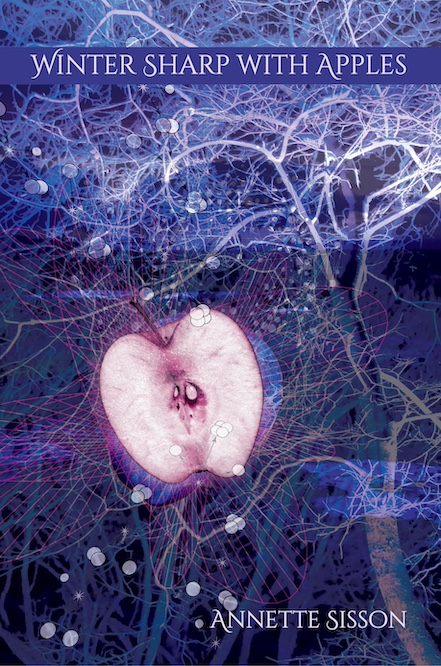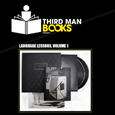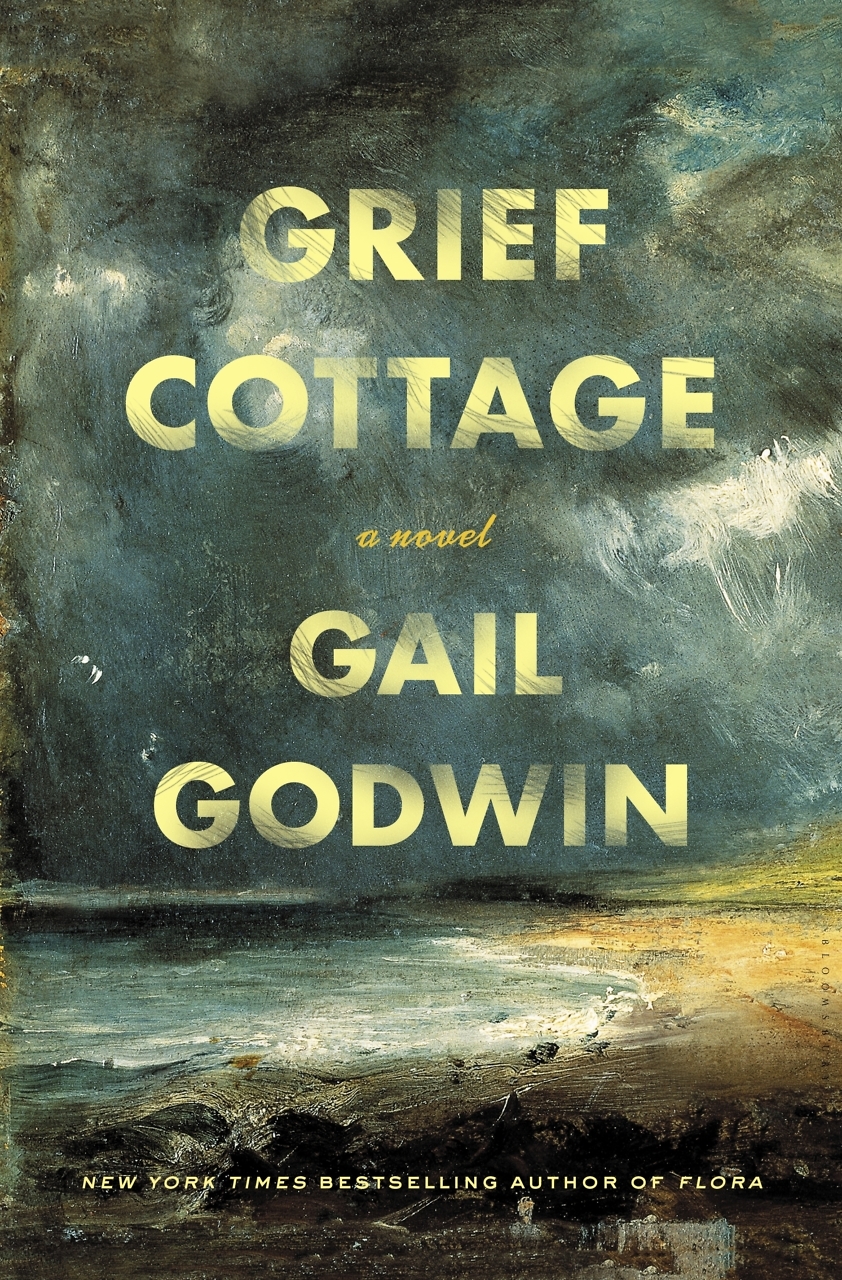The Known and the Unknown
Alan Lightman ponders it all in The Accidental Universe
The intersection of reason and mystery has always been Alan Lightman’s creative territory. In his widely acclaimed novel Einstein’s Dreams, he used the theory of relativity as a lens for examining the human condition, and his most recent book, Mr g, featured none other than God himself as the protagonist; the novel has the deity grappling with the principles of physics as he brings life into being and debates the nature of evil. In The Accidental Universe, Lightman sets fictional exploration aside for straightforward discussion of the limits of human knowledge and the conflicts between science and faith. In seven elegant essays, he makes a case for the necessity of both rational and spiritual inquiry.
 In the title essay, which opens the book, Lightman ponders a mind-blowing product of recent developments in the realm of theoretical physics: the concept that the universe we inhabit is not the universe but rather one universe in a vast array of universes—the multiverse. As Lightman explains in way that even nonphysicists can easily comprehend, string theory and the theory of eternal inflation indicate that there can be many universes and that other universes may operate by very different principles than our own.
In the title essay, which opens the book, Lightman ponders a mind-blowing product of recent developments in the realm of theoretical physics: the concept that the universe we inhabit is not the universe but rather one universe in a vast array of universes—the multiverse. As Lightman explains in way that even nonphysicists can easily comprehend, string theory and the theory of eternal inflation indicate that there can be many universes and that other universes may operate by very different principles than our own.
If this is so, then the search for laws that are everywhere and eternally true is moot: “It is as if you walked into a shoe store, had your feet measured, and found that a size 5 would fit you, a size 8 would also fit, and a size 12 would fit equally well.” In other words, there are no ultimate certainties within our grasp. Even the multiverse cannot be a certainty because we have no means of observing other universes. This state of affairs means that “we must believe in what we cannot prove,” writes Lightman—an idea that “runs hard against the long grain of science.”
Discomfiting as the idea of the multiverse is to many physicists, it’s no doubt even less comforting to proponents of Intelligent Design, who argue that the improbable existence of life is evidence that a creator conceived a single, exquisitely fine-tuned universe to support it. According to the multiverse theory, the reality would be entirely different: among an incalculable number of universes with unknowable properties, our particular universe took shape at random. Its life-supporting properties exist because we observe them, but there’s nothing necessary about those properties, so there’s nothing necessary about us or any other life-form. “We are an accident,” explains Lightman. “From the cosmic lottery hat containing zillions of universes, we happened to draw a universe that allowed life.”
With a premise of uncertainty—and our own cosmic insignificance—established, the rest of the essays in The Accidental Universe ponder an array of smaller big questions, from the transient nature of our existence (“The Temporary Universe”) to the ways in which technology may be changing our consciousness and possibly robbing us of precious human experiences (“The Disembodied Universe”). The most topical of these meditations is “The Spiritual Universe,” a piece that originally appeared in Salon under the title “Does God Exist?” Here Lightman, who is a theoretical physicist of considerable accomplishment and a declared atheist, takes issue with Richard Dawkins and others who use science to attack religion. Their anti-God campaign, argues Lightman, is futile. Science cannot finally prove that no God exists, and even the most logically sound arguments against the necessity of God are unlikely to persuade the devout. Moreover, rejecting the religious sensibility means disdaining “the impulse for so many exquisite creations of mankind,” from the Sistine Chapel to the verses of Rabindranath Tagore.
Lightman argues for a more nuanced view, one which recognizes that science and religion belong to separate realms of human inquiry and experience, and that both of them have limitations. As firmly ensconced as he is in the pro-science camp, he regards spirituality as real and important, and he offers a beautifully rendered account of one of his own transcendent experiences—a close encounter with a pair of young ospreys—which he describes as “one of the most profound moments of my life.”
All the essays in The Accidental Universe are carefully argued, and there is not a shrill or dogmatic line in any of them. They’re enlivened by Lightman’s precise, graceful prose and a novelist’s skill for conjuring scenes and characters: the messy MIT office of Alan Guth, where the noted physicist “chain-drinks” Diet Cokes, or the dinner where a group of young women “kept their iPhones next to their plates, like miniature oxygen tanks carried everywhere by emphysema patients.”
The book is, naturally, filled with references to various scientific concepts, as well as to literary and religious texts ranging from Crime and Punishment to the Bhagavad Gita, but there’s nothing here that would intimidate even a bright junior-high student. The science is explained in simple terms—the author is a whiz with helpful analogies—and no one is likely to put this book down in bafflement. Readers will, however, almost certainly come away with more questions than conclusions, as well as with a fresh curiosity about theoretical physics. No doubt that’s just what Lightman would hope for.
Alan Lightman will discuss The Accidental Universe at Rhodes College in Memphis on February 6, 2014, at 7:30 p.m. and Burke’s Book Store on February 7, 2014, at 5:30 p.m. Both events are free and open to the public.


